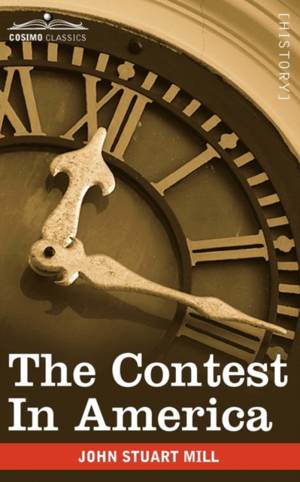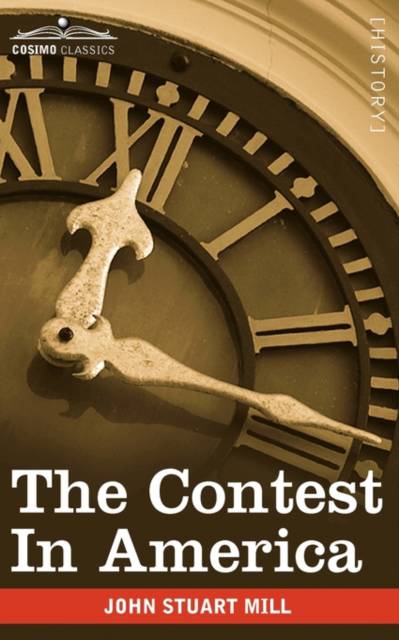
- Afhalen na 1 uur in een winkel met voorraad
- Gratis thuislevering in België vanaf € 30
- Ruim aanbod met 7 miljoen producten
- Afhalen na 1 uur in een winkel met voorraad
- Gratis thuislevering in België vanaf € 30
- Ruim aanbod met 7 miljoen producten
Zoeken
Omschrijving
"War is an ugly thing, but not the ugliest of things..." One of the foremost figures of Western intellectual thought in the late 19th century, John Stuart Mill offered up examinations of human rights, morality, personal and societal responsibilities, and the striving for individual happiness that continue to impact our philosophies, both private and political, to this day. In this essay-first published in Fraser's Magazine in February 1862, and later in Mill's 1868 book *Dissertations and Discussions*-the great philosopher considers the American Civil War while it was in progress, and deems it worth fighting for the emancipation of American slaves and to put an ending to the United States as a slave nation. One of the most stirringly moral arguments ever put forth to justify a war, this is also one of the most powerful and compelling arguments ever for human dignity and freedom as something worth fighting for. English philosopher and politician JOHN STUART MILL (1806-1873) served as an administrator in the East Indian Company from 1823 to 1858, and as a member of parliament from 1865 to 1868. Among his essays on a wide range of political and social thought are Principles of Political Economy (1848), Considerations on Representative Government* (1861), Utilitarianism (1863), and The Subjection of Women (1869).
Specificaties
Betrokkenen
- Auteur(s):
- Uitgeverij:
Inhoud
- Aantal bladzijden:
- 48
- Taal:
- Engels
Eigenschappen
- Productcode (EAN):
- 9781605206905
- Verschijningsdatum:
- 1/12/2009
- Uitvoering:
- Paperback
- Formaat:
- Trade paperback (VS)
- Afmetingen:
- 127 mm x 203 mm
- Gewicht:
- 63 g

Alleen bij Standaard Boekhandel
+ 35 punten op je klantenkaart van Standaard Boekhandel
Beoordelingen
We publiceren alleen reviews die voldoen aan de voorwaarden voor reviews. Bekijk onze voorwaarden voor reviews.











